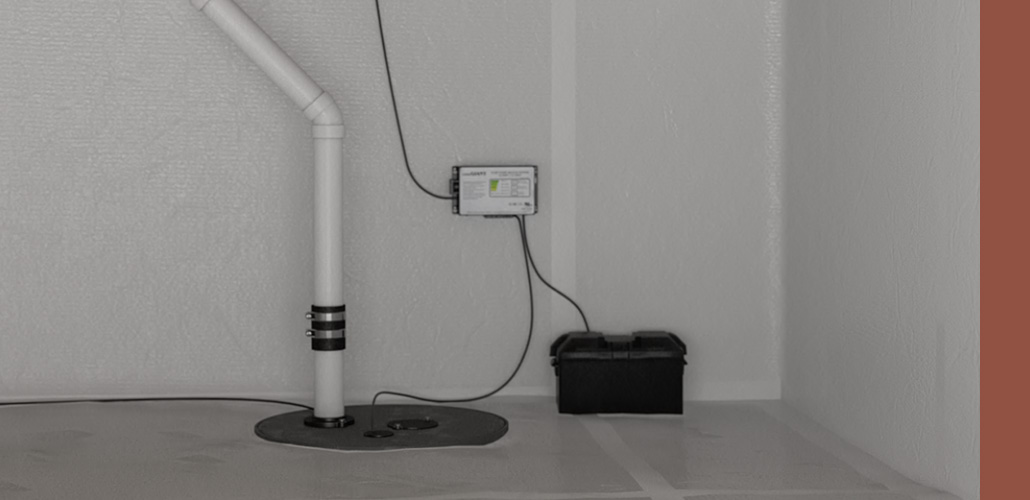Easy Well Pump Replacement: Rejuvenating Your Water Infrastructure with Self-confidence
Easy Well Pump Replacement: Rejuvenating Your Water Infrastructure with Self-confidence
Blog Article
Recognizing the Secret Elements of Effective Water Filtering Systems

Relevance of Water Filtering Equipment
Water filtering systems play a critical role in guaranteeing access to clean and safe alcohol consumption water by successfully eliminating impurities and contaminations. These systems are essential in attending to the expanding issues over water top quality and the possible wellness threats connected with consuming infected water. By utilizing different purification systems such as reverse osmosis, activated carbon, and UV sanitation, water filtering systems can effectively get rid of damaging compounds like bacteria, viruses, heavy steels, and chemicals from the water system.
Moreover, water filtering systems assist to improve the preference and odor of water by getting rid of chlorine, sediments, and other toxins that can affect its high quality. Water Treatment. This improvement in water quality not only makes it much more tasty but likewise urges people to drink a sufficient amount of water daily, advertising much better hydration and overall wellness
Kinds Of Filtering Elements

Physical filters are made to physically stress out impurities from the water. These filters can be made from products like ceramic, carbon, or perhaps sand, and they work by capturing bits bigger than the filter's pores as water goes through.
Chemical filters use different chemical processes to remove pollutants from the water. Examples include activated carbon filters, which adsorb impurities, and reverse osmosis membranes, which make use of stress to separate contaminants from the water.
Organic filters utilize living organisms like algae or germs to damage down raw material and pollutants in the water. These filters are commonly used in wastewater therapy plants or natural water purification systems.
Comprehending the various sorts of filtering parts is crucial for picking the most suitable water filtration system for certain purification requirements.
Function of Sediment Filters
Sediment filters play an important role in water filtration systems by efficiently recording solid particles put on hold in the water. These filters are typically the very first line of defense in a purification system, eliminating larger fragments such as sand, silt, dirt, and rust prior to the water relocates through finer purification stages. By capturing these sediments, the filters avoid them from getting to downstream components, thus expanding the life-span and efficiency of the whole system.
The feature of debris filters is crucial in keeping water top quality and securing delicate tools from damages caused by debris. In addition, by eliminating visible particles, debris filters improve the quality and preference of the water. Consistently cleaning up or replacing debris filters is necessary to make informative post certain ideal efficiency. Overlooking this maintenance can lead to obstructing, reduced water flow, and jeopardized purification efficiency. Overall, debris filters are indispensable parts that contribute dramatically to the efficiency of water filtering systems.
Role of Turned On Carbon Filters
Playing an essential duty in water purification systems, activated carbon filters contribute in getting rid of pollutants and contaminants from the supply of water. These filters are made to adsorb and catch a broad array of toxins, consisting of chlorine, volatile natural compounds (VOCs), chemicals, and herbicides. The activated carbon product has a large surface area, permitting the reliable capturing of pollutants via a process called adsorption. As water passes with the filter, the triggered carbon attracts and holds onto the pollutants, making sure that the water that appears beyond is cleaner and more secure for intake.
Turned on carbon filters are very effective at improving the preference and smell of water by lowering chemicals that can influence its high quality. They are also qualified of getting rid of certain hefty metals like lead and mercury. Furthermore, these filters can assist prevent the build-up of microorganisms and algae in water, further improving its general high quality. As a result of their convenience and reliability, triggered carbon filters are a crucial component in ensuring that water is detoxified to the highest possible standards before reaching consumers.
Recognizing Reverse Osmosis Solutions
Reverse osmosis systems are advanced water filtration systems that utilize an innovative procedure to eliminate pollutants and pollutants from alcohol consumption water. These systems function by using stress to the water, requiring it through a semi-permeable membrane.
Additionally, reverse osmosis systems are relatively low-maintenance and More hints can be set up under the sink or in a main purification system, offering convenient accessibility to tidy water throughout the home. In general, recognizing exactly how reverse osmosis systems function can assist people make informed decisions about their water filtering needs.
Conclusion
Finally, effective water purification systems are vital for making sure tidy and secure drinking water. The crucial elements of these systems include debris filters, triggered carbon filters, and reverse osmosis systems. By recognizing the function and duty of each part, individuals can make enlightened choices when choosing a water filtering system. It is vital to prioritize the high quality of water in order to promote overall health and wellness and health.
Water filtration systems play an important function in guaranteeing access to tidy and risk-free alcohol consumption water by effectively eliminating impurities and impurities. By utilizing different filtering systems such as reverse osmosis, turned on carbon, and UV sterilization, water filtration systems can successfully get rid of unsafe substances like bacteria, viruses, top article hefty metals, and chemicals from the water supply.
Sediment filters play a vital role in water purification systems by efficiently recording solid particles suspended in the water (Water Softeners).Playing an important function in water filtering systems, activated carbon filters are instrumental in removing pollutants and impurities from the water supply.Reverse osmosis systems are innovative water filtration systems that employ an advanced process to remove impurities and impurities from alcohol consumption water
Report this page